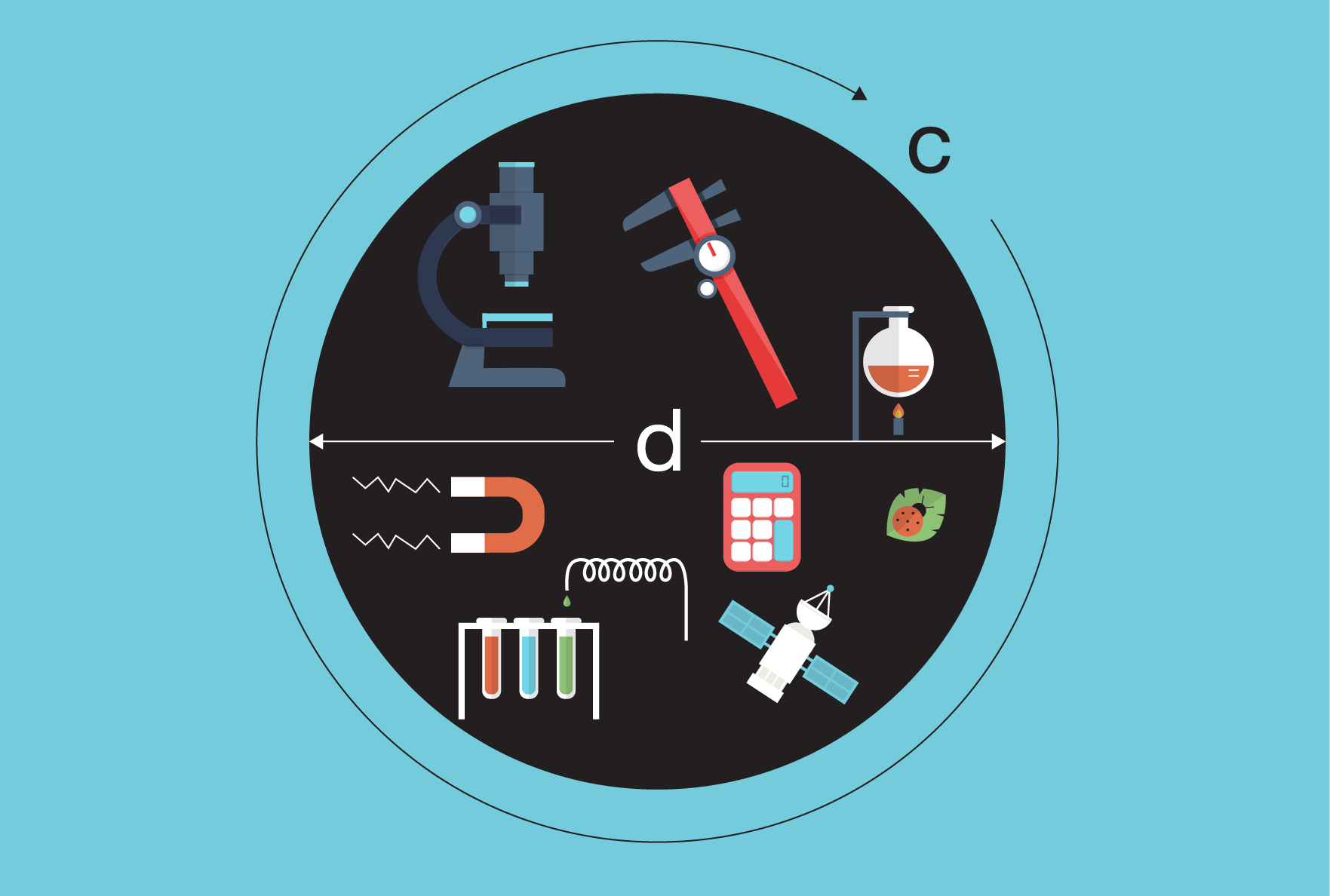Pi Day 2015 – the one that only happens once a century: 3.14.15 – is just around the corner.
You may have seen ACT | The App Association social media channels abuzz with excitement for the impending holiday. Maybe you signed our petition to make Pi an emoji or perhaps you’ve taken our quiz to find out what type of pie you are (I am apple). And hopefully you’ve watched Pi’s Greatest Hits, and may have come up with #songsaboutpi of your own.
While these are lighthearted ways to celebrate arguably the most nerd-centric day of the year, National Pi Day is set aside to recognize the need for better math and computer science education in the United States – even Congress agrees.
Our colleges and universities have been producing far fewer computer science graduates than what is needed to meet the demand for software developers and app makers. For the United States to remain a global leader in technology and innovation, our students must be equipped with computer science skills from a young age.
Members of Congress have recently recognized the need for math and computer science education through pieces of legislation.
The STEM Education Act sponsored by House Science, Space and Technology Committee Chairman Rep. Lamar Smith and Rep. Elizabeth Esty passed the House last month. It adds computer science to the definition of STEM education (traditionally science, technology, engineering, mathematics) for federal purposes. This means federal education programs will be better aligned with the needs of the booming tech industry in the United States.
The I-Squared Act introduced by Senators Hatch, Klobuchar, Rubio, Coons, Flake, and Blumenthal would bring desperately needed reforms to U.S. immigration laws for high-skilled workers, and meet the short- and long-term needs for both tech giants and startups. The short-term expansion of visa programs and green cards would provide immediate relief for companies with a backlog of openings. Revenues generated from the visa and green card expansion would then be invested in science and technology programs from primary school to university. This is especially important to the long-term success of startups and small tech companies.
The Startup Act introduced by Senators Jerry Moran and Mark Warner addresses the talent shortage issue faced by many tech companies and app makers. The legislation would create an Entrepreneur and STEM Visa system that allows foreign students who are educated in the United States to fill STEM vacancies in American companies, and start new business ventures to create American jobs.
We are pleased to support these pieces of legislation and applaud the lawmakers leading these efforts.
But it doesn’t stop there.
The shortage of coders and software engineers is an issue that must be widely addressed for U.S. tech companies to succeed. As such, the government and private sector must commit to math and computer science education at the secondary and university level. A comprehensive STEM education initiative should include measures for workers across the employment spectrum. Investment in math and computer science education is essential for sustained American leadership in technology innovation and growth markets.
So this Pi Day, in addition to celebrating with pie, pizza pie, and #songsaboutpi, take some time to increase awareness about the need for better math and computer science education in the United States.
